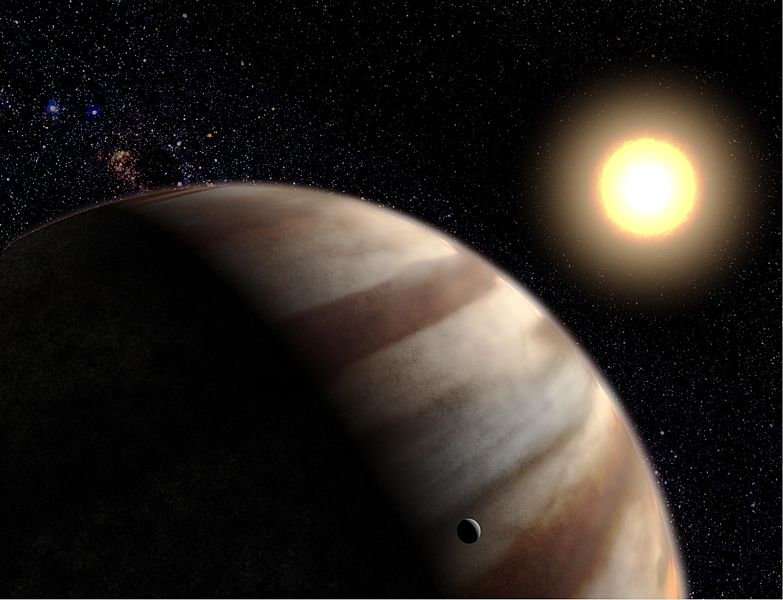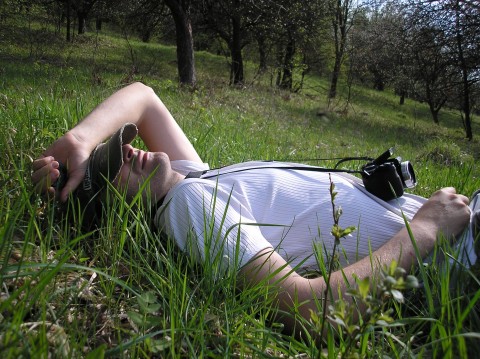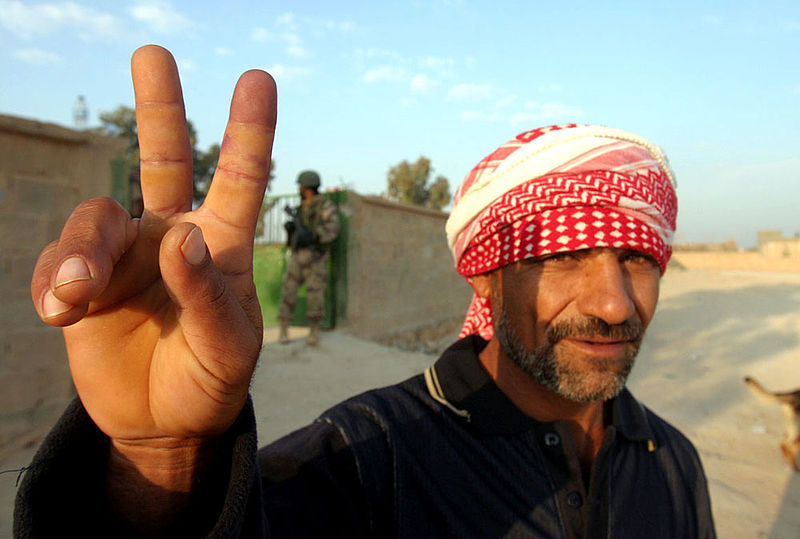|
HOME
Number Number Language Factors, Multiples, Primes Directed Numbers Accuracy Rounding Whole Numbers Decimal Places Significant Figures Upper and Lower Bound Calculations Ordering Numbers Order of Operations Fractions and Decimals Introducing language Equivalent and Simplifying Fractions Fraction of Amount Improper Fractions and Mixed Numbers Fractions and Decimals Adding and Subtracting Fractions Multiplying and Dividing Fractions Percentages Percentages, Fractions, Decimals Percentage of Quantity A Quantity as a Percentage of another Percentage Increase and Decrease Reverse Percentages Ratio and Proportion Dividing a Quantity in a Ratio Direct and Inverse Proportion Indices, Standard Form Indices Fractional and Negative Indices Exponential Equations Standard Form Interest Simple Interest Compound Interest Venn Diagrams Algebra and Graphs Geometry Mensuration Coordinate Geometry Trigonometry Vectors/Matrices/ Transformations Probability Statistics |
How to Round with whole numbers

Do we always need to know the exact number? If you read in the newspaper 40,000 people watched the football game in the stadium, do you think exactly 40,000 people saw the game? Do you want to know the exact number of people? On many occasions numbers are rounded and being able to round properly will also be important on you IGCSE and GCSE maths exam. I encourage you therefore to look at the following maths videos properly during your maths revision and to try to solve all the example questions. I will begin with giving an general introduction to rounding with whole numbers. Then I will explain how to round to the nearest unit and ten. Finally I will explain in some example maths questions how to round to the nearest hundred and thousand.
|



